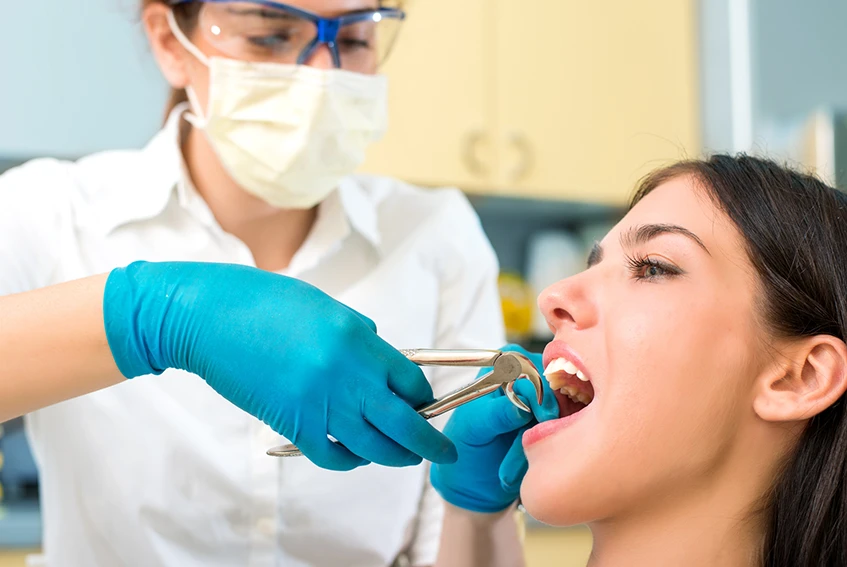


During a tooth extraction procedure at Smokerise Dental, our team takes every measure to ensure your comfort and safety. Before the extraction begins, the dentist will administer local anesthesia to numb the area and minimize any pain or discomfort. Once the area is numb, the dentist will use specialized instruments to gently loosen the tooth from its socket. In some cases, the tooth may need to be sectioned into smaller pieces for easier removal. After the tooth is extracted, the dentist will clean the extraction site and may place stitches if necessary. You will be provided with post-operative care instructions to promote healing and prevent complications.
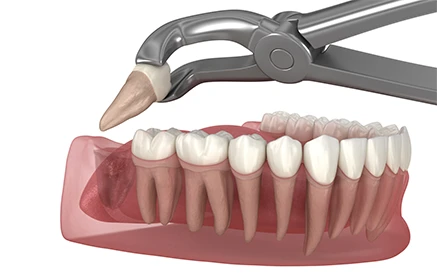
Wisdom tooth extraction is a common dental procedure that involves removing one or more of the third molars, which typically erupt in the late teens or early twenties. Due to their location at the back of the mouth and their tendency to become impacted, wisdom teeth often cause issues such as pain, infection, and crowding of neighboring teeth.
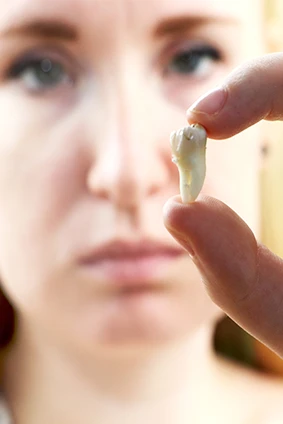
The procedure for removing wisdom teeth varies depending on factors such as the position of the teeth, their alignment, and the patient's overall oral health. In most cases, the dentist will begin by administering local anesthesia to numb the area and ensure your comfort throughout the procedure. They will then make an incision in the gum tissue to access the tooth, and they may need to remove some bone surrounding the tooth for better access. Depending on the tooth's position, it may be extracted in one piece or divided into smaller pieces for easier removal. After the tooth is extracted, the dentist will clean the extraction site and may place stitches to promote healing.

Following a tooth extraction, it's important to follow your dentist's instructions for post-operative care to ensure proper healing and minimize the risk of complications. While you may experience some discomfort and swelling immediately after the procedure, you should be able to resume eating soft foods soon afterward. It's best to avoid hard, chewy, or spicy foods that may irritate the extraction site. Instead, opt for softer foods such as soups, mashed potatoes, yogurt, and smoothies. As you heal, gradually reintroduce solid foods into your diet, starting with softer textures and avoiding anything that could disrupt the healing process. Be sure to attend any follow-up appointments scheduled by your dentist to monitor your progress and address any concerns.

DENTAL INSURANCE OPTIONS AVAILABLE
To accommodate all our patients, we accept a variety of payment methods.
We are committed to helping our patients afford the best dental care by offering financing plans that spread the cost of treatment over time. Please contact our practice to learn more about any of the financing plans mentioned above.
From Care Credit to in-house financing, see what financing is best suited for your needs
About 3 days after your tooth extraction, your gums will begin to heal and close around the removal site. And finally, 7-10 days after your procedure, the opening left by your extracted tooth should be closed (or almost closed), and your gums should no longer be tender or swollen.
Begin saltwater rinses the day after surgery and continue for 1 week. Rinse with warm salt water 3–4 times each day.
Throbbing pain during the first 24 hours post-extraction is a sign that your body is healing. Headaches, pain around the temples, neck, or jaw, and a sore throat may result from swelling and should subside within 1-3 days.



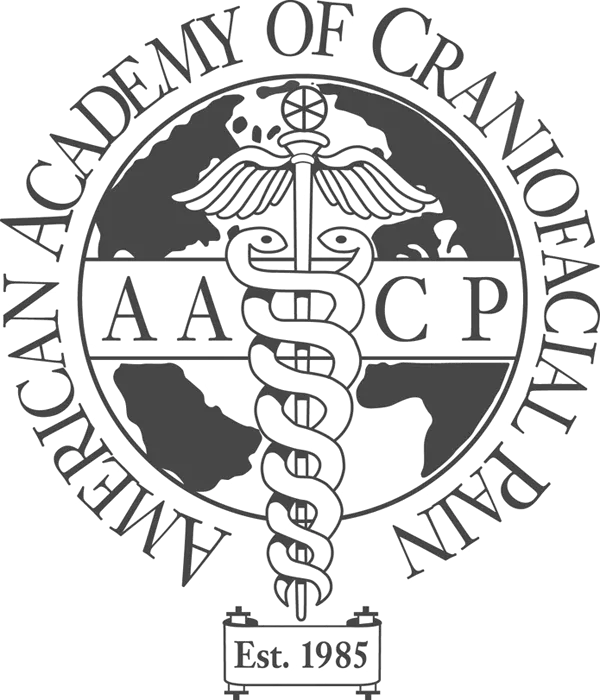

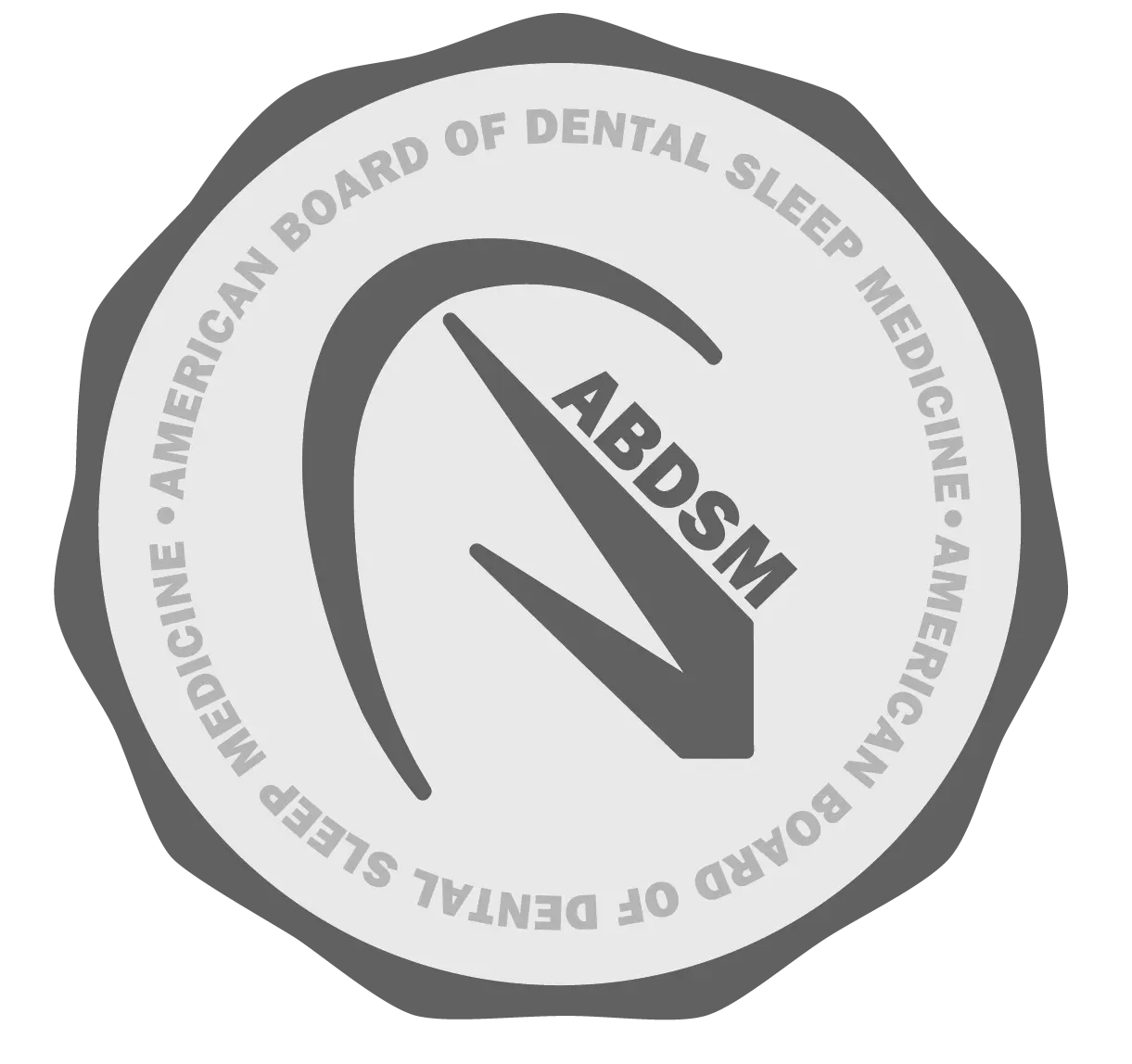
Request Appointment